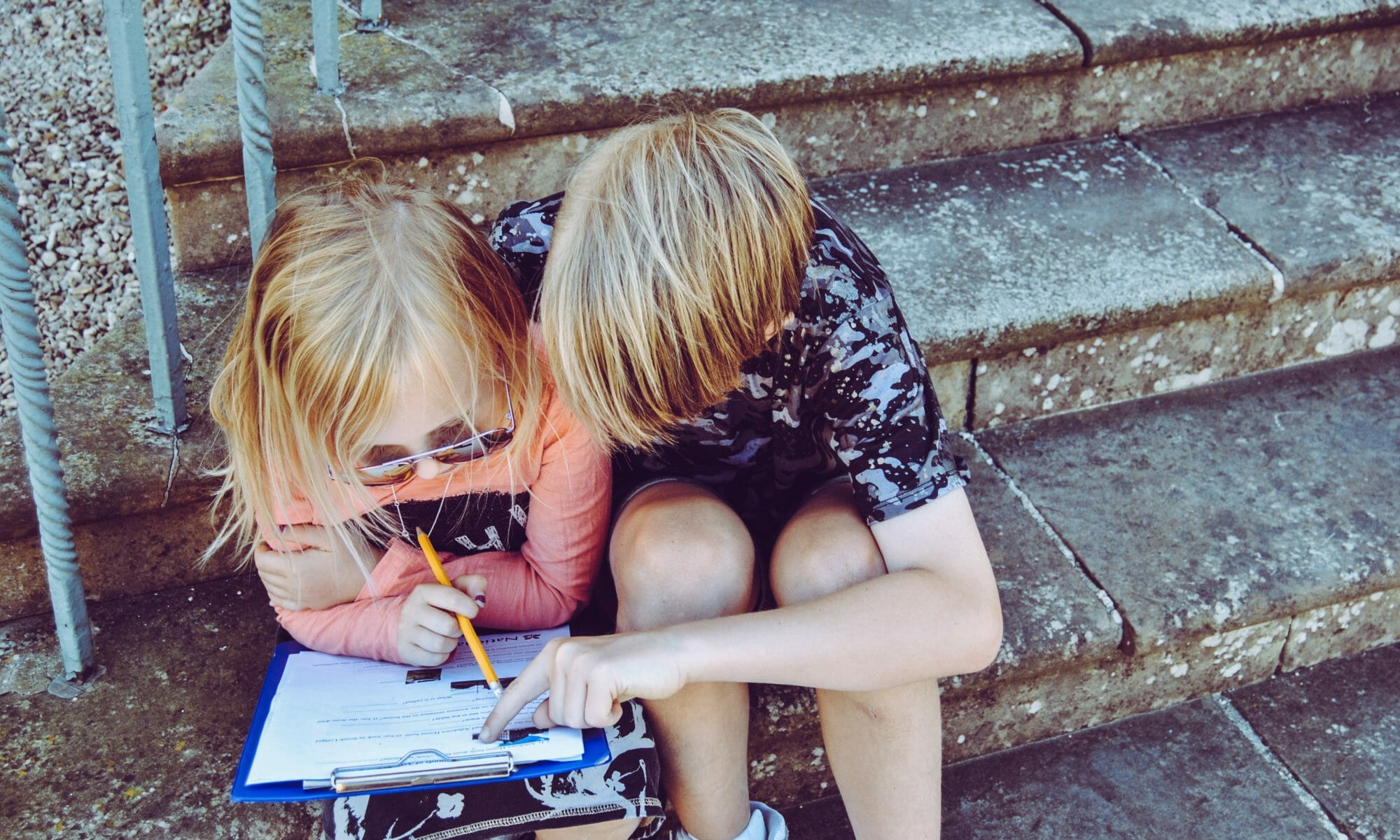Sometimes, we’re not perfect parents.
We yelled when we were tired.
We’ve compared our kids to other families on Instagram.
We jumped in too fast when our child struggled with homework. Or lost a game, or got picked last for soccer.
And today we’re not writing this to sound wise.
We’re writing this because we’ve seen countless parents there.
Your child’s self-esteem isn’t just about feeling good. It’s their foundation for everything. It’s what helps them bounce back when they fall off their bike, make friends at their new school, and handle the big emotions that come with having two homes. When kids have healthy self-esteem, they’re more resilient, make better choices, and form stronger relationships throughout their lives.
But here’s what we’ve discovered in our years of helping families. Even the most well-intentioned parents can accidentally damage their child’s self-worth. Here are five things we almost did, and that’s enough to destroy your child’s self esteem.
1. Too Much Criticism and Putting Them Down
We all need to correct our children sometimes, but when criticism outweighs praise by a wide margin, it can seriously damage their self-worth. This is especially true in co-parenting situations where children might already feel insecure about their family structure.
Imagine your child comes home from a visit with their other parent and immediately starts acting out. Your first instinct might be to criticize their behavior: “Why can’t you just behave? You never listen to me!”
But think about how that sounds to your child. They hear: “I’m bad. I can’t do anything right.”
Instead, try this approach: “I can see you’re having a tough time right now. Let’s take a breath and talk about what’s bothering you.” This acknowledges their feelings without attacking their character.
Remember the THINK method when giving feedback:
- Truthful: Is what I’m about to say true?
- Helpful: Will it help the situation?
- Inspirational: Will it encourage positive behavior?
- Necessary: Is this something that needs to be said right now?
- Kind: Am I saying it in a kind way?
Try to offer at least four positive comments for every one correction. And make that praise specific: “I love how you shared your toys with your sister today” means so much more than a generic “good job.”
2. Comparing Them to Others
“Your sister never has trouble with math.” “When I was your age, I would never talk back like that.” “Look how well-behaved the Johnson kids are.”
Sound familiar? Comparisons seem harmless, even motivating, but they’re actually self-esteem killers.
What’s really happening when you compare your kid with others? Every comparison tells your child they’re not enough as they are. We’ve counseled kids who genuinely believe they’re the “bad” child in the family or the “problem” kid between two homes.
Co-parenting situations can make this worse. Kids already feel different having two houses, two sets of rules, two bedtime routines. When we add comparisons on top of that. Especially comparing them to kids from “normal” families, it amplifies their sense of not belonging.
Here are better approach:
- Compare your child only to their past self: “You’re getting so much better at managing your anger than you were last month”
- Celebrate what makes them unique: “You have such a creative way of solving problems”
- Avoid comparing your co-parenting situation to other families. Your family is complete just as it is.
3. Being Overprotective and Not Letting Them Fail
After a divorce, you might want to shield your child from more pain, but overprotecting them can backfire by making them think you don’t believe in them. It says, “I don’t think you can handle this,” which stops them from learning and growing. In co-parenting, this might show up as one parent hovering while the other lets go, creating mixed signals that confuse the kid.
Research tells us that facing challenges is key to self-esteem. It’s not about always winning, but trying and learning from falls. If we jump in too quick, like doing their homework or fighting their battles, they miss out on building that inner strength. One expert shared how kids need exposure to real-life ups and downs to handle differences and setbacks.
The result? They might become afraid to try anything new, feeling helpless in a “scary” world. But we’ve seen kids thrive when given chances, like learning to swim or doing chores on their own. It proves to them they can do hard things. In your co-parenting plan, agree on age-appropriate tasks and let natural consequences teach lessons. Say things like “I believe in you, and I’m here if you need me.” This turns protection into empowerment, helping them navigate life’s bumps with confidence.
4. Neglecting Them or Skimping on Emotional Support
Neglect doesn’t have to be big. It can be emotional, like not giving enough attention because you’re juggling work, new relationships, or co-parenting logistics. It makes kids feel like they’re not worth your time, which tanks their self-esteem. In divorced families, if time is split, kids might feel overlooked if one home is busier or less tuned in.
Experts point out that even small things, like half-listening while on your phone, add up and make children feel unimportant. Stories from foster parents show how lack of support leads to deep feelings of shame and loneliness. Dismissing their emotions, like saying “Stop crying, it’s not a big deal,” erodes trust and makes them doubt their own feelings.
This can lead to poor self-control and isolation. To turn it around, make quality time a priority—validate their feelings with “That sounds really hard, I’m here for you.” In co-parenting, use our app to coordinate check-ins so both parents show consistent care. Build a list of what makes your child awesome and remind them often. Creating a sense of belonging, even through online groups if they’re shy, fills that emotional gap and rebuilds their worth.
5. Setting Unrealistic Expectations and Adding Pressure
Pushing too hard with sky-high goals, like expecting straight A’s or sports stardom, sets kids up to feel like failures. In co-parenting, this pressure might come from wanting to “prove” everything’s okay post-divorce, but it ties their worth to perfection, not who they are.
Tailor expectations to your child’s real abilities. Kids with ADHD or divorce stress might need smaller steps. Research warns that perfectionism creates anxiety and avoidance. One parent learned the hard way by pushing their own interests, like music lessons. Instead of letting the kid choose, switching to what they loved built real confidence.
Kids end up disappointed in themselves, feeling like they let you down. Focus on effort instead: “I’m proud of how you tried.” In co-parenting, align on realistic goals and praise progress together. This helps them value themselves for growth, not just results.
Remember, you’re not aiming for perfection; awareness and small changes make a huge difference. Love your kid unconditionally, let them tackle challenges, and cheer their unique path. We’re here to help you every step. To make your co-parenting experience better download our 2houses app today!










